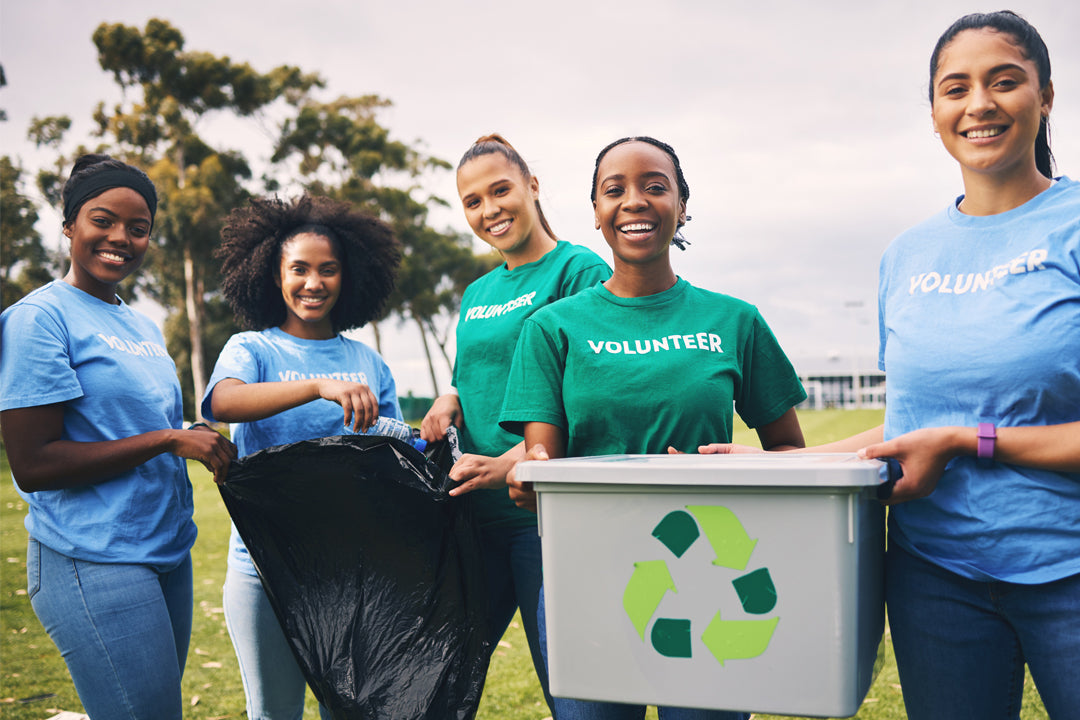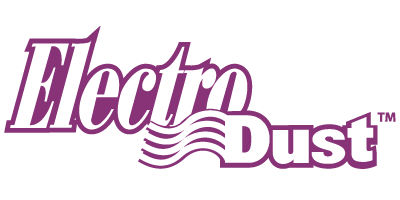

A Look at Successful Community Recycling Programs Around the World
As waste continues to accumulate in landfills and oceans, the need for effective waste management strategies is more important than ever. Community recycling programs have emerged as a critical solution, significantly impacting both local environments and global sustainability. Let's explore some of the successful community recycling programs worldwide.
1. Curitiba, Brazil: A Pioneer in Recycling
Curitiba, a city in Brazil, initiated its recycling program in the 1980s and has since been hailed as a global model for waste management. The program, called "Cambio Verde" (Green Exchange), allows residents to exchange recyclable materials for fresh produce. This innovative approach promotes recycling, addresses food security, and encourages healthy eating. Today, Curitiba recycles around 70% of its waste, an impressive figure considering the national average is just 3%.
2. San Francisco, USA: Leading the Way to Zero Waste
San Francisco has set an ambitious goal of achieving zero waste by 2030. The city diverts about 80% of its waste from landfills through comprehensive recycling and composting programs. The city's composting program, the largest of its kind in the U.S., collects food scraps, yard trimmings, and soiled paper, which is then turned into nutrient-rich compost for local farms and vineyards. Public education and strict regulations have also played crucial roles in the program's success.
3. Kamikatsu, Japan: The Zero Waste Town
Kamikatsu, a small town in Japan, has become renowned for its zero-waste policy. With no garbage trucks, residents sort their waste into 45 different categories at the local waste center, where items are either composted, recycled, or resold. The town has successfully diverted about 80% of its waste from landfills and aims to be completely zero waste by 2025.
4. Ljubljana, Slovenia: Europe’s Green Capital
Ljubljana, the capital of Slovenia, was named the European Green Capital in 2016 thanks in part to its effective waste management system. The city encourages recycling through a pay-as-you-throw system, where residents are charged based on the amount of non-recyclable waste they produce. With an extensive network of recycling containers and a high-tech waste treatment facility, Ljubljana recycles nearly 70% of its waste.
5. Eday, Scotland: Community-Led Recycling Initiative
On the remote Scottish island of Eday, residents have taken matters into their own hands. With no waste collection service, the local community established a recycling center that operates on a voluntary basis. The initiative has significantly reduced the amount of waste sent to mainland Scotland for disposal and has become a source of local pride and community spirit.
Conclusion
These case studies illustrate the incredible potential of community-led recycling programs. While the methods and levels of success vary, they all share common elements: a commitment to sustainability, innovative strategies, public education, and community involvement. These successful programs serve as a valuable blueprint for other communities worldwide as we collectively work towards a more sustainable future.
Our ElectroDust™ Washable Air Filter
ElectroDust filters provide higher than industry average air quality and are built to higher standards. Our environmentally friendly filters allow you to wash and re-use them over a ten-year lifespan. After just ten months of using our filters, you will begin to realize savings. Furthermore, because ElectroDust filters are more efficient at capturing dust and foreign particles, you won’t require duct cleaning as often, saving you even more money. Less dusting means a healthier home.
